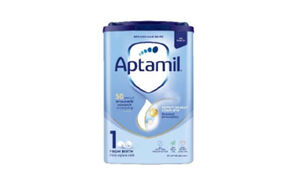90% of welfare conference cases concern child neglect

The study also found physical abuse was a factor in 12.8% of the cases, while emotional abuse was present in more than 11% of referrals. Sexual abuse was present in 2.8% of cases.
The figures are contained in a new piece of research looking at the outcomes of children and families who engage with the FWC, in which meetings are held involving extended family members and the young person concerned, as well as representatives of services involved in their welfare, such as social workers and project workers.












